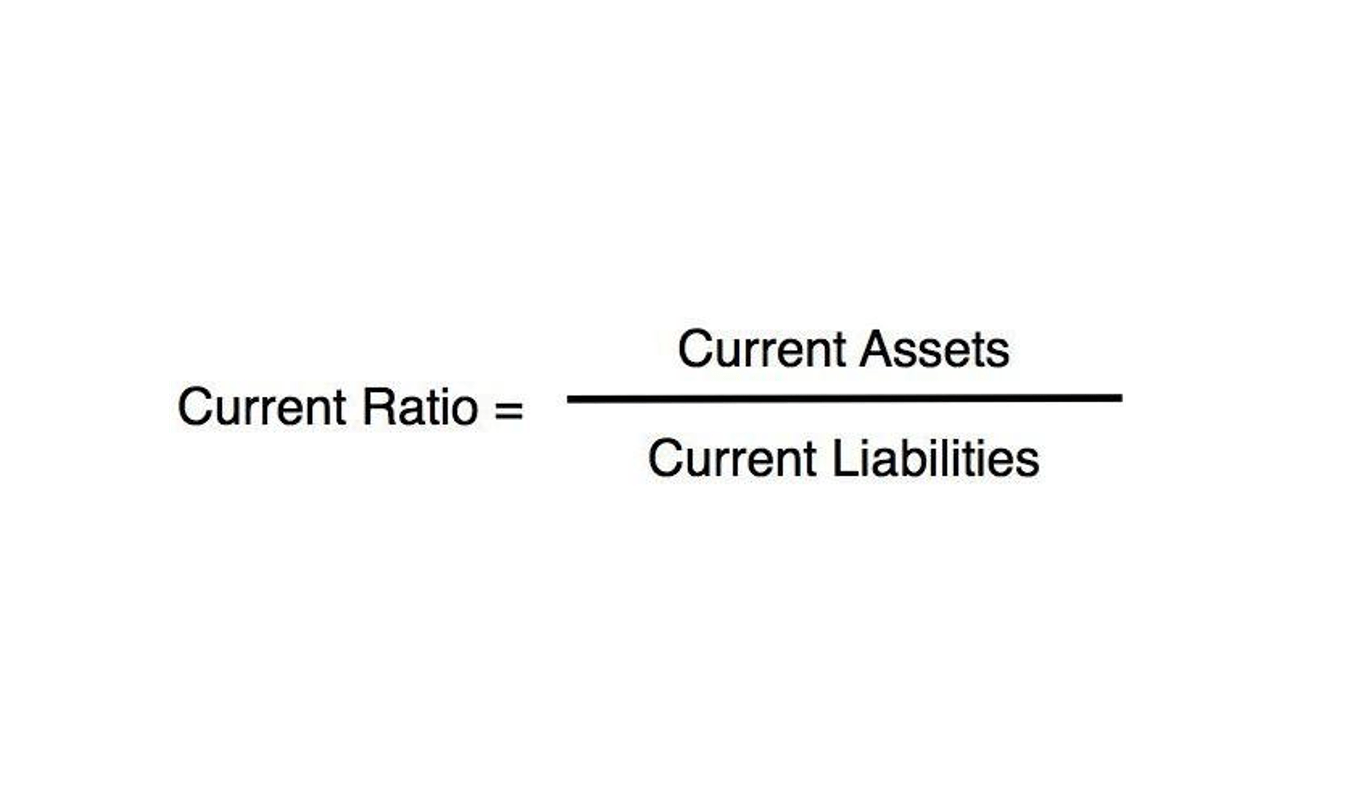
It is typically sold illicitly as colorful tablets with imprinted logos, capsules, powder, or liquid. Some researchers and organizations consider MDMA to be a psychedelic drug because it can also mildly alter visual and time perception. MDMA’s effects may include feeling more energetic and alert and having an increased sense of well-being, warmth, and openness toward https://ecosoberhouse.com/ others. Individuals who use MDMA risk ingesting unknown substances, which are often found in illicitly purchased ecstasy pills, capsules, tablets, and powders. They may think they’re purchasing ecstasy when they are, in fact, buying other substances instead of or in addition to MDMA.

Addiction Treatment
Treating ecstasy addiction is somewhat complicated because there are no approved forms of medication-assisted treatment. Unless the person uses other substances alongside it, there aren’t any ecstasy-specific types of medical treatment. Clinicians find that behavioral therapy is an effective approach when working with people who abuse ecstasy. The changes in brain structure caused by ecstasy also result in lower cognitive function.
Treatments
They may contain other chemicals (such as amphetamines, PMA , PMMA or ketamine ), or ‘fillers’ (such Sober living house as household products) which may have unexpected or dangerous side effects. However, to be diagnosed with a substance use disorder, a person must meet specific diagnostic criteria for continued substance use despite negative consequences. An ecstasy overdose is an issue complicated by poly-substance use. That is, many people report combining ecstasy with legal and illegal substances, such as alcohol, marijuana, opioids and cocaine. The risk of overdose is much more substantial when multiple substances are ingested.

Long-term effects of MDMA
High doses of MDMA can affect the body’s ability to regulate temperature. When this happens, people can experience a dangerous spike in temperature that often results in liver, kidney or heart failure, which can lead to death. Ecstasy was originally developed using the chemical methylenedioxymethamphetamine (MDMA) and is commonly used as a party drug. What’s sold as ecstasy often contains drugs other than MDMA, which may or may not be similar in effect to MDMA. Some of the other drugs include caffeine, ephedrine, amphetamine, dextromethorphan, ketamine, and LSD. Ecstasy sometimes contains highly toxic drugs, such as paramethoxyamphetamine (PMA), which can be lethal even in low doses.
MDMA Freebase

Even at low doses, ecstasy can also have strong negative effects. Higher doses are unlikely to enhance the desirable effects, and may intensify the negative effects. These effects include grinding of teeth and jaw pain, sweating, increased blood pressure and heart rate, anxiety or panic attacks, blurred vision, nausea, vomiting and convulsions. Therapy is very important, especially when coming off of ecstasy, as depression and anxiety are common post-acute withdrawal symptoms.

Long-term effects
- The symptoms may even persist for up to a week or more, especially if MDMA is mixed with other drugs such as marijuana.
- Unlike many other illegal drugs, MDMA can cause a fatal overdose when people take what is considered a normal recreational dose.
- Signs of addiction include using the drug frequently and being unable to have fun or feel normal without it.
- Ecstasy directly affects the levels of neurotransmitters in your brain, including serotonin, dopamine, and norepinephrine.
- Research might not have confirmed the extent to which ecstasy is addictive.
An estimated 75,000 kids aged 12 to 17 reported using ecstasy in 2023. A 2023 National Survey on Drug Use and Health of people aged 12 or older showed that almost 2.2 million people said they used ecstasy in 2023, or nearly 1% of people surveyed. More than 22 million of those surveyed said they have tried ecstasy at some point in their lives. This involves taking ecstasy along with the hallucinogenic drug LSD.
- In high doses, MDMA can cause seizures and vomiting or may contribute to death.
- A small study published in The Lancet Psychiatry looked at the use of MDMA in patients suffering from post-traumatic stress disorder (PTSD).
- Dependent users may find it difficult to stop using MDMA or control how much they use.
- For example, doses tainted by synthetic amphetamines can take much longer to get started.
Health Effects of Ecstasy
Thanks to the neurological rollercoaster of regular Ecstasy consumption, individuals can find their personal life impacted in several ways that they might not have expected. Using Ecstasy regularly means that the serotonin neurotransmitter comes under serious strain. Of the three neurotransmitters that are activated when the drug is taken, serotonin is by far the most affected, and this can impact its performance in future.

Reset Your Mind: Benefits of Inpatient Mental Health Care
You may be at risk from other drugs and ingredients added to the pill or powder, as well as to the ecstasy itself. Evidence suggests that long-term users can suffer from memory problems and may develop depression and anxiety. Long-term safety could not be guaranteed with this small group, and there is a risk of addiction and suicide in a population already at risk for these serious outcomes. Researchers note larger phase 3 studies should be completed, but those with PSTD should NOT use MDMA on their own to try to replicate these results.
The best treatment for ecstasy addiction depends on your individual needs. Do how long does mdma stay in your system you only use ecstasy or are you struggling with other types of substances, too? Which level of treatment is going to provide the most effective care? You should also consider whether you want a facility near you, or if attending an out-of-state treatment program is a better choice. Research might not have confirmed the extent to which ecstasy is addictive.











